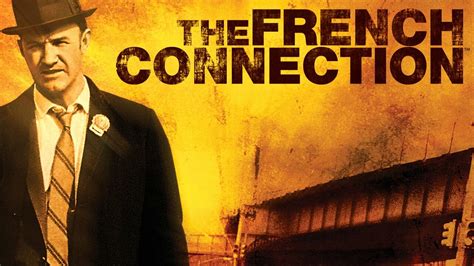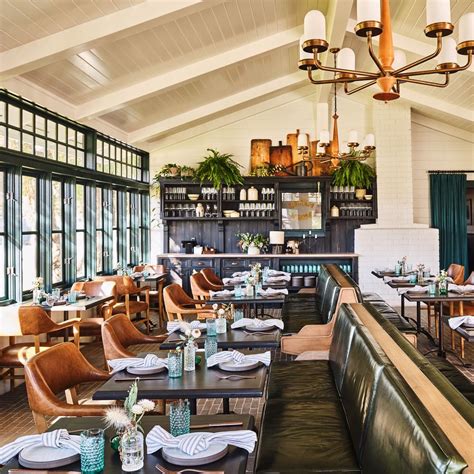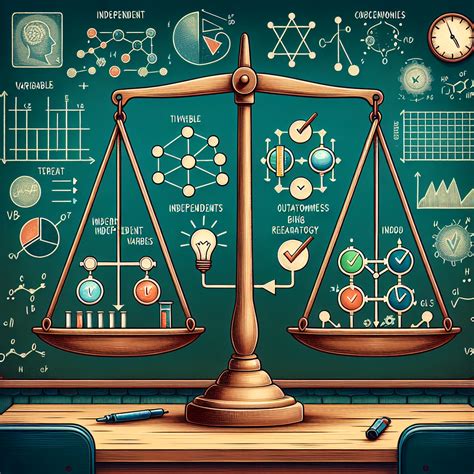The French Connection, a seminal film in the crime thriller genre, exploded onto the cinematic scene in 1971, directed by William Friedkin and starring Gene Hackman and Roy Scheider. This iconic movie is based on a true story, drawing inspiration from the 1961 seizure of a massive heroin shipment in New York City, which was orchestrated by the infamous French criminal, Jean Jehan. The narrative delves into the intricate web of international drug trafficking, weaving a complex tapestry that showcases the gritty underbelly of law enforcement and the dark allure of the drug trade.
At its core, The French Connection is a masterclass in suspense and tension, meticulously crafted by Friedkin’s skillful direction. The film opens with a breathtaking sequence shot on location in Marseille, where we are introduced to Alain Charnier, a suave and cunning French drug lord, played by Fernando Rey. Charnier is the architect of a plan to smuggle a large shipment of heroin into the United States, concealing it within a cargo ship. As the story unfolds, we are transported to the bustling streets of New York City, where detectives Jimmy “Popeye” Doyle and Buddy “Cloudy” Russo, embodied by Gene Hackman and Roy Scheider, respectively, are hot on the trail of Charnier’s operation.
One of the most compelling aspects of The French Connection is its commitment to authenticity. Friedkin’s meticulous research and dedication to realism are evident in every frame, from the dingy, rain-soaked streets of New York to the opulent, high-stakes world of international drug trafficking. The film’s cinematography, handled by Owen Roizman, is equally impressive, capturing the gritty, documentary-style feel that became a hallmark of 1970s crime dramas. The cinematographic approach adds a layer of realism, making the viewer feel immersed in the world of the film.
The performances in The French Connection are superb, with Hackman and Scheider delivering nuanced, Oscar-worthy portrayals of two Dogged detectives. Their chemistry on screen is undeniable, and their characters’ contrasting personalities – Doyle’s rough, instinctual nature versus Russo’s more measured, analytical approach – create a compelling dynamic that drives the narrative forward. Fernando Rey, as the cunning Charnier, brings a level of sophistication and menace to the film, making him a formidable adversary for our protagonists.
The French Connection is also notable for its influence on the crime thriller genre as a whole. The film’s success can be attributed, in part, to its willingness to push boundaries and challenge conventional cinematic norms. Friedkin’s bold direction, coupled with the film’s unflinching portrayal of crime and corruption, helped pave the way for future classics like Serpico, The Godfather, and Goodfellas. The movie’s impact on popular culture extends beyond the realm of film, with its themes and characters becoming ingrained in the public consciousness.
The French Connection's exploration of themes such as addiction, corruption, and the blurred lines between good and evil continue to resonate with audiences today. The film's portrayal of the complexities of law enforcement and the difficulties of navigating the gray areas of right and wrong adds depth to the narrative, making it more than just a simple crime thriller.
In addition to its cultural significance, The French Connection boasts an impressive array of technical achievements. The film’s editing, handled by Jerry Greenberg, is a masterclass in building tension and suspense, with a legendary car chase sequence that remains one of the most iconic in cinematic history. The chase, which features Doyle commandeering a civilian’s car to pursue a hijacked elevated train, is a heart-stopping, expertly crafted set piece that has been endlessly imitated but never surpassed.
The French Connection’s impact on the film industry can be seen in several areas. The movie’s success paved the way for more realistic and gritty crime dramas, influencing a generation of filmmakers. The film’s use of location shooting, natural lighting, and realistic sound design also raised the bar for production values in the genre. Furthermore, the movie’s exploration of complex themes and its willingness to challenge conventional norms helped to establish the crime thriller as a major force in popular cinema.
What is the historical context of The French Connection?
+The French Connection is set against the backdrop of the 1960s and 1970s, a time of great social change and upheaval. The film's portrayal of the drug trade and law enforcement reflects the era's concerns about crime and corruption.
How did The French Connection influence the crime thriller genre?
+The French Connection's success helped to establish the crime thriller as a major force in popular cinema. The film's gritty realism, complex characters, and willingness to challenge conventional norms raised the bar for the genre and influenced a generation of filmmakers.
What are some of the key themes in The French Connection?
+The French Connection explores several key themes, including addiction, corruption, and the blurred lines between good and evil. The film's portrayal of the complexities of law enforcement and the difficulties of navigating the gray areas of right and wrong adds depth to the narrative.
In conclusion, The French Connection is a landmark film that continues to captivate audiences with its gripping narrative, memorable characters, and unflinching portrayal of the darker aspects of human nature. As a cultural touchstone, it has left an indelible mark on the crime thriller genre, influencing countless films and filmmakers in its wake. With its commitment to realism, its memorable performances, and its technical achievements, The French Connection remains a must-see classic that continues to resonate with audiences today.
The French Connection's enduring legacy is a testament to the power of great storytelling and the impact that a single film can have on popular culture. As a work of cinematic art, it continues to inspire and influence new generations of filmmakers, solidifying its place as one of the greatest films of all time.
The film’s exploration of complex themes, its willingness to challenge conventional norms, and its commitment to realism have made it a timeless classic. The French Connection is a movie that will continue to be relevant for years to come, offering audiences a glimpse into the darker aspects of human nature and the complexities of the world we live in. With its influence on the crime thriller genre, its impact on popular culture, and its enduring legacy, The French Connection is a must-see film that will continue to captivate audiences for generations to come.



